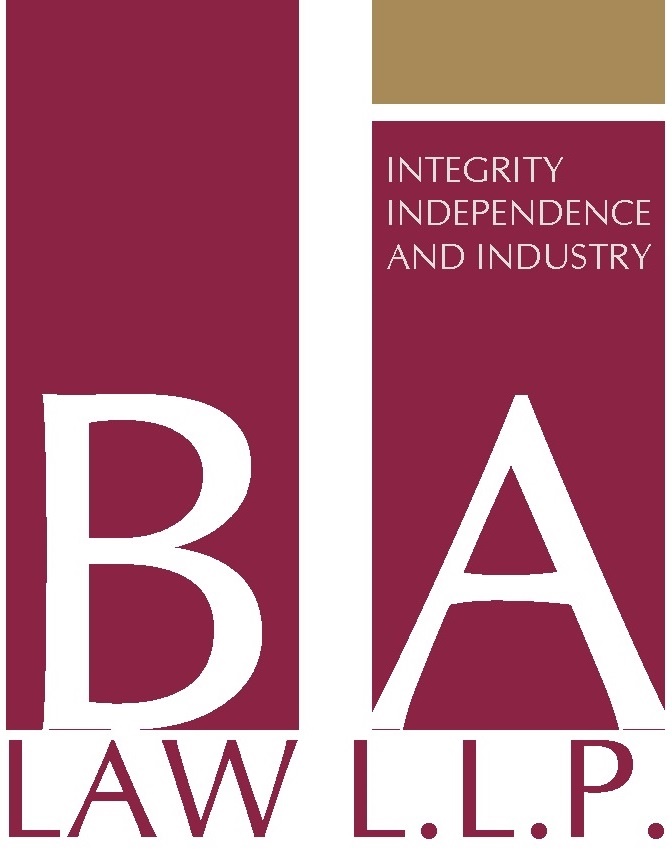AN EXCEPTION TO RULE 8 OF THE RPC 2007- EXPANDING THE SCOPE OF PRACTICE OF/FOR IN HOUSE LAWYERS

The concept of In-House Lawyers, in Nigeria, came about as a result of Rule 8 of the Rules of Professional Conduct for Legal Practitioners 2007. A bit outdated considering how far and advanced the world now is, but certainly not as bad as some of the Laws we continue to rely on.
The provision reads thus;
Rule 8 (1) of the Rules of Professional Conduct for Legal Practitioners 2007:
‘A lawyer, whilst a servant or in a salaried employment of any kind, shall not appear as an advocate in a court or judicial tribunal for his employer except where the lawyer is employed as a legal officer in a Government department.’
The subsequent subsection of Rule 8, Rule 8(2) of the Rules of Professional Conduct for Legal Practitioners 2007 states:
‘A lawyer, whilst a servant or in a salaried employment, shall not prepare, sign, or frank pleadings, applications, instruments, agreements, contracts, deeds, letters, memoranda, reports, legal opinion or similar instruments or processes or file any such document for his employer.’
The instant sub-sections of Rule 8, have generally been interpreted to restrict Legal Practitioners as ‘servants’ or being in ‘salaried employment’ to just that. It has limited and deprived them from having the experience of Litigation as Legal Practitioners whilst occupying either of the roles mentioned above. Simply put, In-House lawyers cannot be Advocates and Advocates cannot be In-House lawyers. Legal Practitioners, by virtue of the general interpretation of Rule 8 (1) and (2) of the Rules of Professional Conduct for Legal Practitioners 2007 have been limited from performing both roles, simultaneously.
At least that is what we have believed, since forever
In the capital city of Benue State- Makurdi, Nigeria, the National Industrial Court of Nigeria, Benue Judicial Division; Suit Number: NICN/MKD/96/2020 Between Comrade Ngodoo Toryem & One Other V Nigerian Civil Service Union, Benue Chapter & Three Others was filed and the Judge presiding over the matter, Honourable Justice Essien recently delivered his ruling on a Notice of Preliminary Objection (PO) raised by the Claimants in the Suit.
The PO was raised in opposition to the validity of the Counsel engaged and appearing for the 1st-4th Defendants in the Suit who happens to be the Principal Special Assistant to the Governor of Benue State. Learned Counsel for the Claimants was of the opinion that because Counsel for the 1st-4th Defendants is subject to salaried employment by the Governor of Benue State, then he could not possibly represent in Court any of the defendants.
Honourable Justice Essien in his ruling considered the arguments of Counsel for the 1st-4th Defendants as being valid and stating that;
‘…whilst a servant or in a salaried employment of any kind, shall not appear as advocate in a court or judicial tribunal for his employer except where the lawyer is employed as a legal officer in a Government department or shall not prepare, sign, or frank pleadings, applications, instruments, agreements, contracts, deeds, letters, memoranda, reports, legal opinion or similar instruments or processes or file any such document for his employer, the law did not in any way contemplate any restriction on any lawyer appearing for his clients other than his employer or as law officer and accordingly ruled that A. A. Ikpa, Esq a Principal Special Assistant to the Governor of Benue State on legal matters has the right of audience before him to defend the interest of the defendants in the instance case.’
The Judgment of Honourable Justice Essien of the National Industrial Court of Nigeria, Benue Judicial Division in his ruling delivered Legal Practitioners in Nigeria from the general interpretation of a law that had no legal foundation. In his Ruling, the Honourable Judge makes us aware of the fact that albeit lawyers in salaried employment cannot act as Advocates for their employers, they are not exempted from being engaged to act as such by other Clients who may require their expertise.
In conclusion, we Submit that, Legal practice and Legal Practitioners in Nigeria ought not to be limited in such a way that they do not enjoy the full benefits of being called to the Bar as both Barrister and Solicitor of the Supreme Court of Nigeria. There is a reason both are fused in our Legal System and it seems it is definitely not for us to pick either-or, but to experience both in good and fair capacity.

